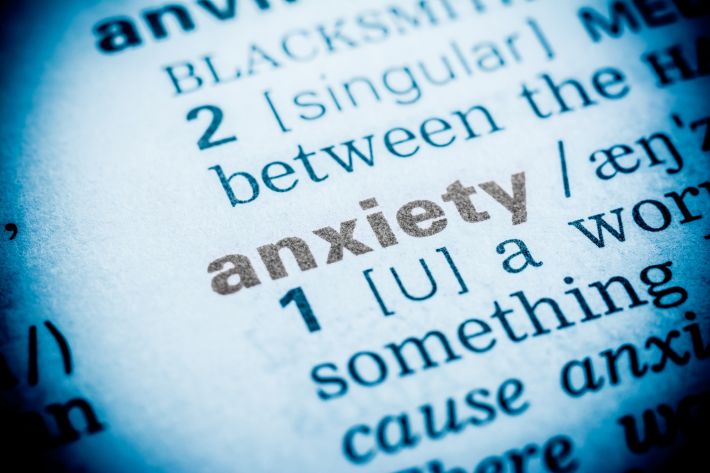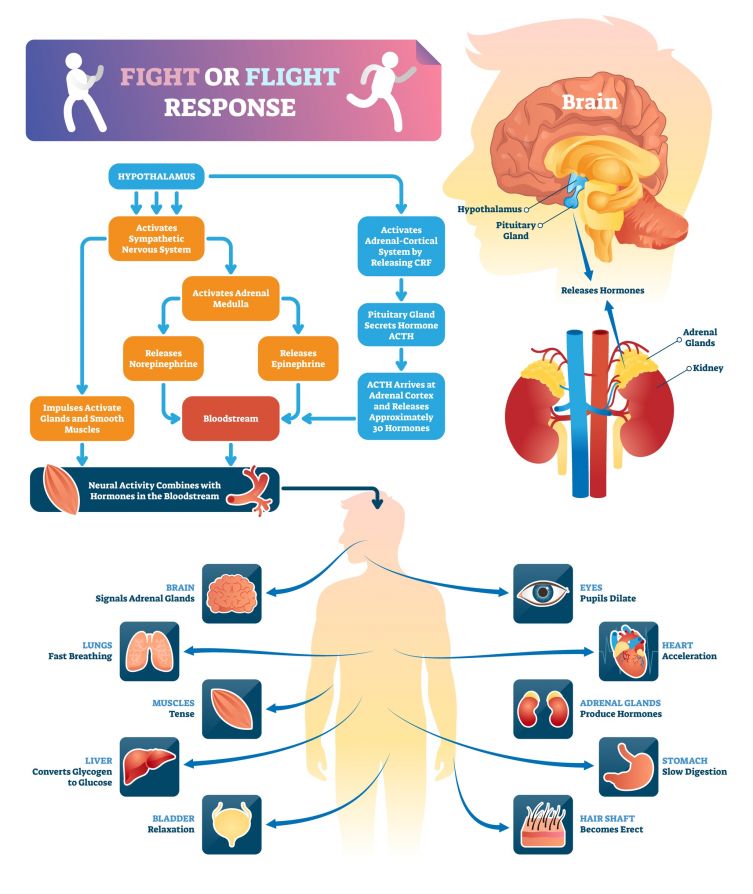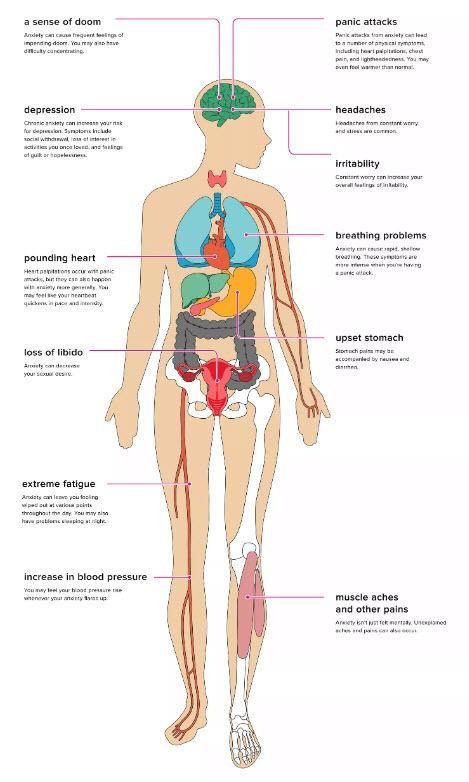- in Mental Health , News by Tony
Can Emotional Health Impact on Your Longevity

Have you ever heard of a woman who found out that she had cancer, and instead of succumbing to her unfortunate situation, she spent most of her days watching comedy films? Months later, she was pleasantly surprised to learn that her tumours had gone.
There are many anecdotes about how positivity has turned things around for those who are dealing with health issues, even terminal ones like cancer. Today, many scientific studies are also showing evidence that emotional health can affect a person’s physical health and longevity.
More...
Studies have found that those who have mental health issues, such as schizophrenia and depression, are more likely to develop chronic illnesses, such as heart diseases. On The Other Hand, people who are generally positive tend to live longer than expected.
How does mental health affect your life expectancy?
When you are dealing with negative emotions, you tend to neglect your physical well-being. You fail to exercise; you don’t seek professional help; you indulge more in unhealthy activities like drinking and smoking. Consequently, those actions can cause or deteriorate existing physical health issues, such as cardiovascular diseases, diabetes, and cancer.
Adults with serious mental illness like schizophrenia die about 25 years earlier than the general population, according to a 2007 report from the National Association of State Mental Health Program Directors.
They're 3.4 times more likely to die of heart disease or diabetes, 3.8 times more likely to die in an accident, 5 times more likely to die of respiratory ailments, and 6.6 times more likely to die of pneumonia or flu, found the team led by Joseph Parks, director of the Missouri Institute of Mental Health.
Grief

Losing a loved one is one of the hardest things people go through. Many people can grieve for a while, then move on to acceptance, and eventually continue with their life. For older people, however, especially those who lose a spouse, grief can have more adverse effects than we can imagine.
Queen Victoria’s grief over the loss of her husband, Prince Albert, came to define her entire reign. The extent of Queen Victoria’s despair was laid bare in a previously unseen letter, in which she expressed the hope that she would go to an early grave.
You have probably heard of a senior who died just a few months after burying his or her spouse. They often go through feelings of isolation, loneliness, and depression.
Those negative emotions and mental states can manifest in their physical health, such as a weak immune system. They become more prone to infection, and as they continue to deal with the negative feelings, their conditions progressively worsen.
Anxiety

Anxiety is one of the most common mental health problems in the world. Almost everyone will have at least one friend or family member who experiences it. Negative experiences tend to make us anxious about our future and regretful of our past - what might happen, and what could have been.
However, during this current period, when we are held hostage by this pandemic, all of us can benefit from knowing when anxiety and fear are adaptive.
At what stage does this become a problem?
With obsessive thoughts, or unable to cope with them on our own, it is time to reach out and seek some help.

Long-term anxiety can cause your brain to release stress hormones designed to help you respond to a threat. Adrenaline and cortisol are two examples, but they can also increase the frequency of symptoms such as headaches, dizziness, and depression.
Roughly one in five Americans experience a psychological disorder (a mental illness) every year. When you feel anxious and stressed, your brain floods your nervous system with those hormones, while being helpful for the rare high-pressure event, long-term exposure to stress hormones can be more harmful to your physical health in the long run.
Many individuals with mental illness were already struggling with regulating their emotions and managing their daily stressors, so they are finding life nearly unmanageable during the virus outbreak.
For example, long-term exposure to cortisol can contribute to weight gain and obesity —the stress, anxiety, and constant worrying—can lead to a decrease in our immunity and elevated risk of coronary events.
When you can’t handle your frustrations well, you tend to resort to impulsive behaviour, reduction in life satisfaction and increased failure rates.
Social Isolation and Loneliness

Many people enjoy being alone, and that’s fine. We all have the urge to spend time with ourselves from time to time, to reflect on life or just do the things we want to.
However, research has shown that social isolation and loneliness can increase mortality risks. While feeling alone is different from your choice of being alone, studies have found that the effect on your longevity is just the same.
When you lack social interaction and are always lonely, you tend to have a weaker immune system and higher levels of stress hormones.
At the same time, you are less likely to be physically active when you’re on your own. All these can lead to physical health issues, such as heart issues, obesity, stroke, and sleep disturbances.
Gratitude is an emotion, one that makes a person feel happier.

Research has found, over time, feeling grateful boosts happiness and fosters both physical and psychological health, even among those already struggling with mental health problems.
Grateful people are indeed less likely to have mental health problems like depression. One study found that a gratitude intervention was successful in reducing negative affect and increasing mental resilience in a group of older adults.
The emotion generates a climate of positivity that both reaches inward and extends outward.
Positive emotions are powerful

While negative emotions can cut many years from your life expectancy, positive emotions can do the opposite. Studies have shown that optimistic people and those who are satisfied and happy with their lives tend to have a longer healthier life.
When you realize that your life is full of negativity or that your mental health is not in its best shape, it’s time to make a shift. Start to look at the brighter side of everything, and one thing you can practice is forgiveness.
When people have hurt you, or something happened that made you fearful for your life, you can easily often dwell on past negative emotions that surround it. Forgiveness is one of the keys to help you resolve the negativity of that situation.
When you forgive, you relinquish all the negativity that comes with it. Studies show that forgiveness, be it to others or yourself, can help you strengthen your immune system and lengthen your lifespan.
If mental issues can affect your physical well-being, physical health can also change your mental condition. As such, doing healthy physical activities, such as exercise, can also help improve your mental health. Exercise can help your brain to produce more happy hormones, so your emotional well-being also improves.
The takeaway message

While some stress is unavoidable, how you react to those stressors has a significant impact on how well and long you live. Much of our stress comes from worrying about what might happen or wishing away what has happened.
When we are mentally healthy, we are better able to take care of our physical well-being. In turn, we keep ourselves healthy, and when we’re healthy, we can live longer and enjoy it more.
We need to remember that loneliness, fear, stress, and their negative effects increase susceptibility to viruses and viral diseases like COVID-19.
Start the day off with a smile; it's infectious.




